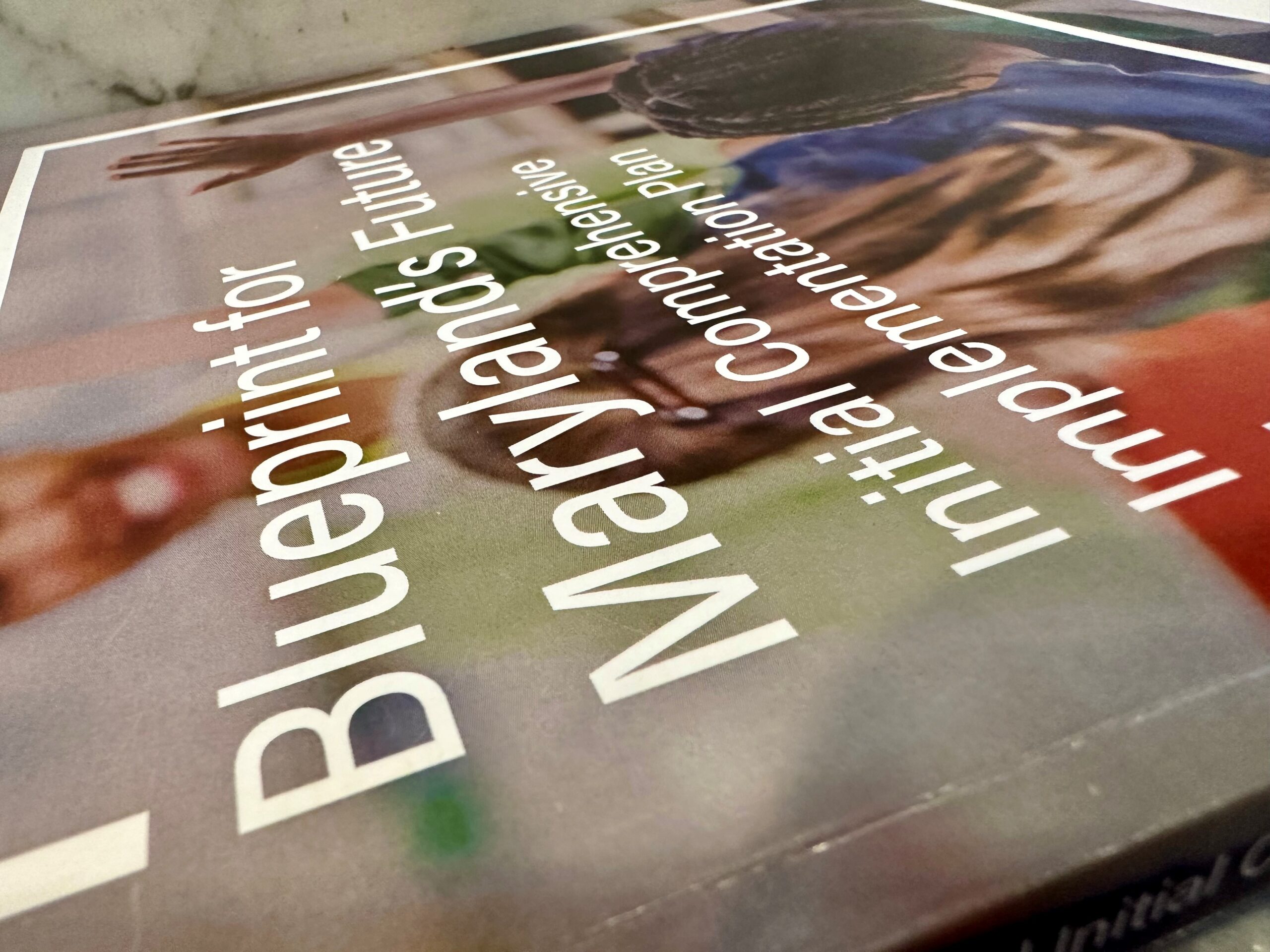
By Lou Carloni
The writer is an adjunct in the business and communications departments at Anne Arundel Community College.
The Maryland General Assembly on Dec. 6 listened to its constituents and voted into law collective bargaining rights for community college employees over the governor’s veto. It’s an historic day for tens of thousands of Marylanders who have been denied this basic right.
While I am overjoyed that my colleagues and I will soon have the same rights as countless other employees in our state, I am equally dismayed that it took a veto override to make it happen. I have always been a Republican. I voted twice for Gov. Larry Hogan. To me, our governor was a shining example of what we as Marylanders can accomplish when we put people over partisanship and pragmatism over politics.
Gov. Hogan has held himself out to the people of our state and the national media as being a bipartisan leader and a statesman who eschewed labels and shunned the dirty politics of Washington. Yet his veto – and his public statement about it – reveal a very different story.
When vetoing the Maryland Community College Employees Freedom to Collectively Bargain Act, Gov. Hogan proved he was not listening to his constituents. He described the bill as “creating” a problem that, in his words, “did not exist.” He also claimed that faculty and staff having the option of joining together in union would create superfluous costs and hurdles for all involved.
On both counts, the governor erred.
Currently, adjunct faculty like myself face extraordinary challenges at our state’s community colleges. After years or even decades of service, we may not know whether or not we have a job from one semester to the next.
While full-time faculty (and virtually any other employee) would still be paid for work time spent on training, adjuncts are required to attend mandatory instruction sessions without any compensation. The same applies to strategic planning. We as adjuncts are expected to plan entire courses, research materials and write syllabi, all for free.
It may be surprising to the governor and to members of the public that the only compensation we receive is for the time we spend in front of our students, measured down to the minute. Yet while we go unpaid whenever we are not lecturing, we are still required to grade papers, attend meetings and even serve on committees.
Those of us who teach courses in more than one department are obligated to serve on multiple committees. For all of this work that benefits our students and that advances the mission of our colleges, we are expected to give our time, energy and expertise, without pay.
Still, I am one of the lucky ones. I have enough financial security to carry myself through gaps in course loads and unpaid work in service to my students. Many of my colleagues are not so lucky.
I personally know hardworking educators who are food insecure, who are housing insecure and who now are considering leaving their vocation to find employment that will allow them to provide for their families.
We have all tried in the past to bring these issues to the attention of our colleges’ leaders, but in the end, they believed us as much as the governor did when he vetoed this bill.
When we can speak together with one voice, however, we can change the entire dynamic. By joining together in union, we can draw attention to the serious workplace issues we face. We can also gain a level of credibility and power impossible for any of us to achieve alone.
The right to unionize is not a partisan issue. Unions are not about labels or political parties, and they are not outside organizations with an agenda all their own. We, the workers, are the union. Now that state law recognizes this basic fact, we can begin the collective work of improving our colleges for the faculty, for the staff and all the students we serve.




 Creative Commons Attribution
Creative Commons Attribution